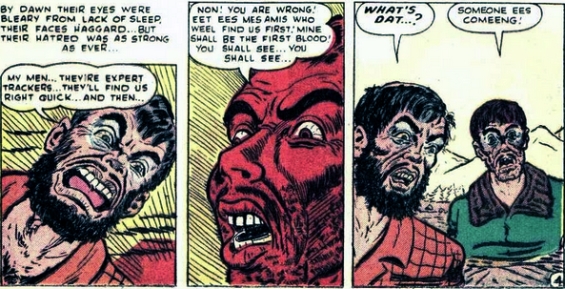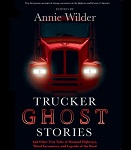
 We Can Build You
We Can Build You
By Philip K. Dick; Read by Dan John Miller
Publisher: Brilliance Audio
ISBN: 978-1-4558-1461-9
Published: August 14, 2012
[UNABRIDGED] – 7 discs; 8 hours
Themes: / androids / healthcare / future / bureaucracy /
Publisher summary:
In this lyrical and moving novel, Philip K. Dick intertwines the story of a toxic love affair with one about sentient robots, and unflinchingly views it all through the prism of mental illness — which spares neither human nor robot. The end result is one of Dick’s most quietly powerful works.
When Louis Rosen’s electronic-organ company builds a pitch-perfect robotic replica of Abraham Lincoln, the firm is pulled into the orbit of a shady businessman, who is looking to use Lincoln for his own profit. Meanwhile, Rosen seeks Lincoln’s advice as he woos a woman incapable of understanding human emotions — someone who may be even more robotic than Lincoln’s replica.
Published in 1972, Dick uses the premise of a “future” (the book takes place in Dick’s imagined 1982) where programming is advanced enough to allow programming the appearance of sentience into androids to provide a treatise on mental health and mental healthcare.
In short, Louie Rosen and his partner Maury run a business making and selling electronic organs. One day, however, Maury decides to make an android of Edwin Stanton, Lincoln’s Secretary of War. When he reveals it to Louie, he also reveals that his schizophrenic daughter, Priss, played a large role in developing the personality for it. The Stanton simulacrum is quite successful, and they make another, this time of Abraham Lincoln. They get the idea to pitch it to an investor, Barrows, to capitulate on Americans’ love for the Civil War (which at the time it was written, was nearing its centennial). Unfortunately, as Barrows and the crew spend more time with the Lincoln, they find that it is moody and seems manic. While this may be historically accurate, it could also be a projection of Priss’s beliefs about Lincoln into the programming. Where the Stanton android is personable, logical, and “normal,” the Lincoln is anything but. Eventually, Barrows decides to pass on the investment and instead make his own (which he will use as first settlers for a moon colony–an idea I would have preferred to read about). Priss ends up infatuated with Barrows and follows him back to Seattle. Louie, while talking to the Lincoln, seems to have also developed mental instability and runs to Seattle to bring Priss back. She shoots him down and he ends up committed. The story ends when Louie “gets over” his issues and is discharged to go about his normal life.
This was a book about ideas. Dick obviously had feelings about the state (and stigma) of mental health issues in the 60’s, both with regards to diagnosis and treatment. He almost seems to imply that we’re all mentally unstable/have our moments of instability…but he takes it to another level as to suggest that the state-run facilities do nothing to help people. Rather, the state-run facilities can actually make people worse.
In the end, this was a book of a lot of thoughts, not a lot of actions. There was a lot more dialogue an “thinking” than there was stuff actually happening; it was quite cerebral. This isn’t the kind of book I’m normally into…and in fact, as the book wore on, I found it hard to want to listen and hard to keep focused. I liked the idea of sentient androids, of “souls” built from research into real people…but it’s not for me. And probably not for everybody. But if you like “ideas” books, then it may be for you.
The narration itself was…interesting. Miller’s voice is somewhat flat, which can be good in an audiobook like this; he certainly didn’t try to project too much character into most of the voices. However, he did use different tones for female voices as compared to male voices. In that respect, it was somewhat grating; his female voice was almost pandering and was somewhat creepy. It made some “sexual” scenes between Priss and Louie extra-creepy. That said, it also helped to make me really believe that Priss was mentally ill…
It’s hard to believe, but this is the first PKD I’ve ever read. I’ve also never watched Bladerunner in its entirety. I don’t know if the rest of his stories are like this, so cerebral. If they are, I may skip them. I was lured in by the robots…and kind of turned off by everything else.
Review by terpkristin.

 The Interlopers
The Interlopers




 SFFaudio’s income for the months of November and December 2012 was $158.87. The cheque came at a good time, today!
SFFaudio’s income for the months of November and December 2012 was $158.87. The cheque came at a good time, today! 




